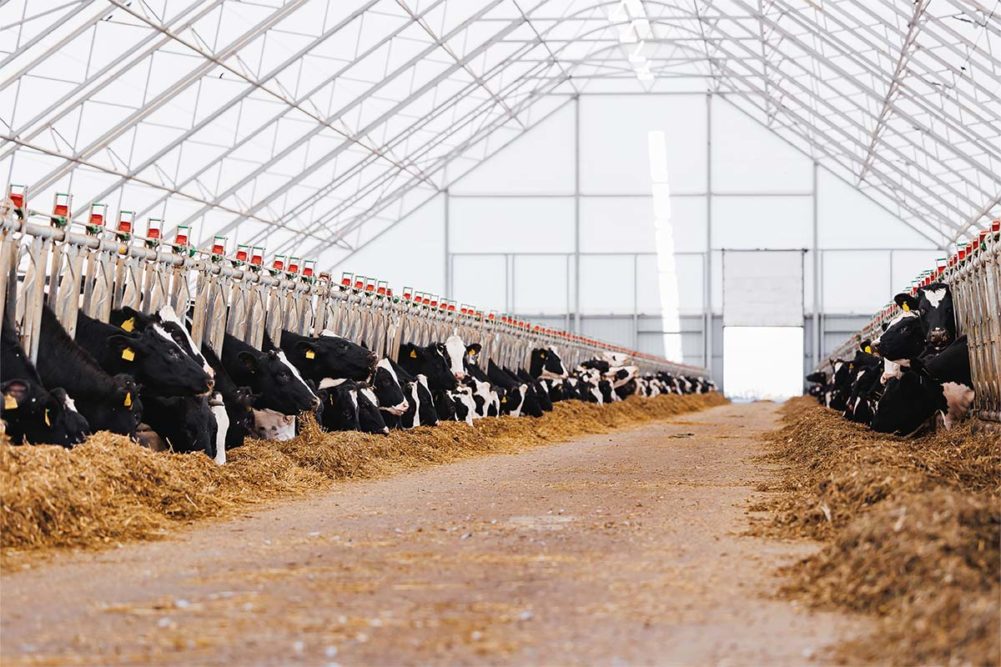WASHINGTON – In the midst of a recent string of highly pathogenic avian influenza (HPAI) cases in United States dairy herds, the US Food and Drug Administration (FDA) and US Department of Agriculture (USDA) once again confirmed on April 23 that the country’s commercial milk supply is safe.
In sharing the reaffirmation, the organizations cited two key measures in the federal-state milk safety system: the pasteurization process and the diversion or destruction of milk from sick cows.
The FDA in its update reiterated that pasteurization “has served public health well for more than 100 years” and said 99% of the commercial milk supply produced on US dairy farms comes from farms that follow the Grade “A” milk program and Pasteurized Milk Ordinance (PMO), which includes controls to help ensure the safety of dairy products.
Detections have been confirmed in the following states: Texas, Kansas, Michigan, New Mexico, Idaho, Ohio, North Carolina and South Dakota.
The International Dairy Foods Association (IDFA) and National Milk Producers Federation (NMPF) in a joint statement said FDA data is “consistent with many other studies demonstrating that the legally required temperature and time for milk pasteurization will readily inactivate HPAI.”
IDFA and NMPF added: “Viral fragments detected after pasteurization are nothing more than evidence that the virus is dead; they have zero impact on human health. Further, the federal PMO prohibits milk from sick cows from entering the food supply chain. Milk and milk products produced and processed in the United States are among the safest in the world.”
Along with research at the state and federal level, the FDA shared that the outbreak among dairy cows also is being addressed through the FDA’s collaboration with the Centers for Disease Control and Prevention (CDC) and its monitoring of emergency department data and flu testing data for “any unusual trends in flu-like illness, flu or conjunctivitis.” The organizations said no unusual trends or activity have been found.
Over the past several weeks, the FDA said it has evaluated milk from affected cows and it is “completing a large representative national sample, to better understand the extent of these findings.”
The FDA stated: “To date, we have seen nothing that would change our assessment that the commercial milk supply is safe. Results from multiple studies will be made available in the next few days to weeks.”
The IDFA and NMPF also noted that the FDA has consistently warned against raw milk consumption.
“Raw milk is a key vehicle in the transmission of human pathogens, including E. coli O157:H7, Campylobacter, Listeria monocytogenes and Salmonella, among others,” the organizations said in their joint statement. “As this situation continues to evolve, our dairy organizations strongly discourage the consumption of raw milk and recommend that all raw milk and raw milk components be heat treated to a temperature and duration that kills harmful pathogenic bacteria and other microorganisms, including HPAI, regardless of the product’s intended use for human or animal consumption. FDA also recommends out of an abundance of caution that milk from cows in an affected herd not be used to produce raw milk cheeses.”
The FDA and USDA said efforts to discover more about the emerging disease in dairy cows are ongoing.


